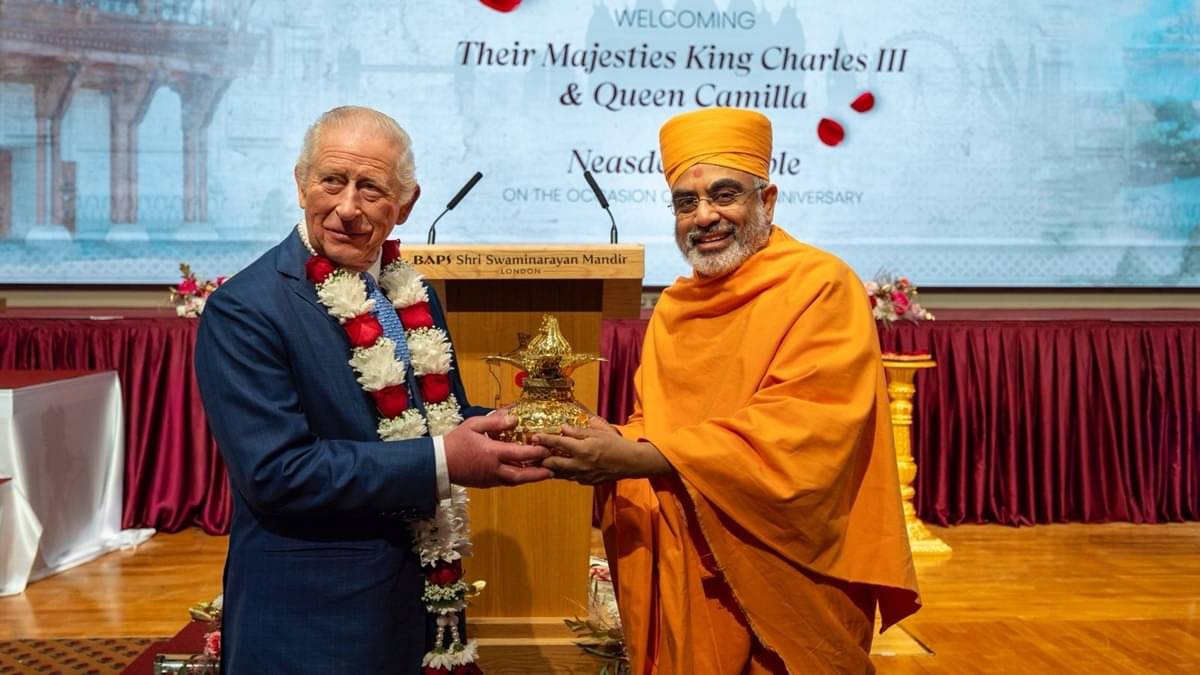Trinidad and Tobago Plans Grand Ram Temple, Reinforcing Caribbean Hindu Heritage
This ambitious temple project underscores the enduring faith and cultural vibrancy of the Hindu diaspora in the Caribbean, transforming Trinidad and Tobago into a significant spiritual center.
Want daily inspiration like this? Subscribe to our newsletter!
Article Summary
Trinidad and Tobago is planning to build a grand Ram Temple in its capital, Port of Spain, with the support of the government. This initiative aims to establish the nation as a cultural and spiritual hub for Hinduism in the Caribbean, leveraging its significant Hindu population and strong tradition of preserving Hindu practices. The project follows the unveiling of a Ram Lalla idol replica from Ayodhya and seeks to serve the global Hindu diaspora.
Original Article: firstpost.com
[ Sentiment: positive | Tone: factual ]
This summary and analysis were generated by TheNewsPublisher's editorial AI. This content is for informational purposes only; it does not constitute spiritual or religious advice.
[ Sentiment: positive | Tone: factual ]
This summary and analysis were generated by TheNewsPublisher's editorial AI. This content is for informational purposes only; it does not constitute spiritual or religious advice.
TNP AI: Key Insights
The construction of a grand Ram Temple in Trinidad and Tobago is particularly significant as it showcases the resilience and vibrancy of Sanatana Dharma among the global diaspora. This project will serve not only as a place of worship but also as a crucial center for cultural preservation, education, and community gathering far from India.
By establishing this temple and potentially an 'Ayodhya Nagari,' Trinidad and Tobago actively strengthens its role as a 'Ramayan country,' ensuring that ancient traditions, scriptures like the Bhagwat Gita and Ramayan, and spiritual practices continue to thrive for future generations in the Caribbean and North America.
The proposed temple, with its direct connection to the sacred site in Ayodhya, is expected to attract pilgrims and devotees from across the global Indian diaspora. This initiative will foster a stronger sense of collective Hindu identity and promote spiritual tourism in the region, enriching the spiritual lives of many.
)



